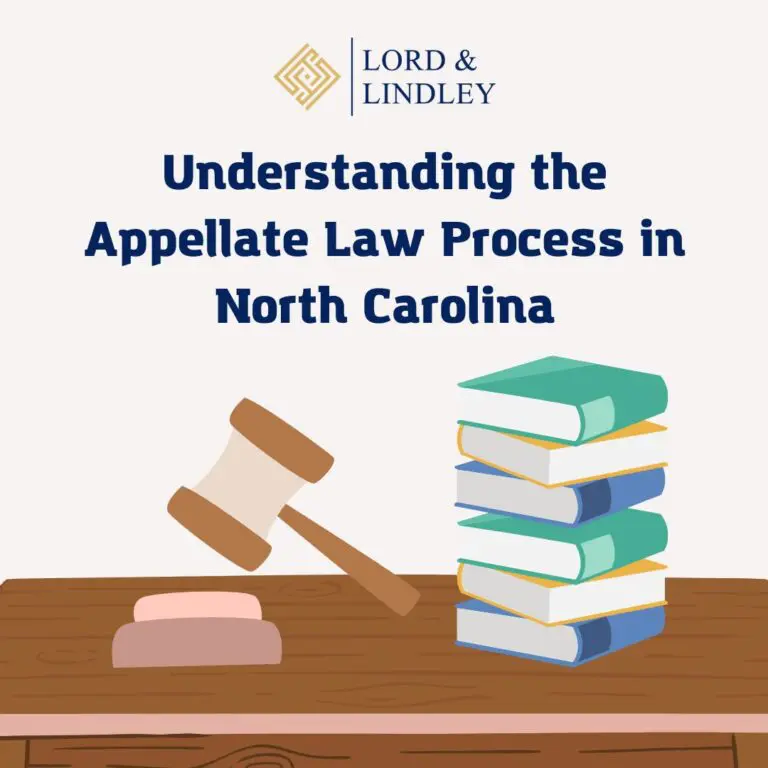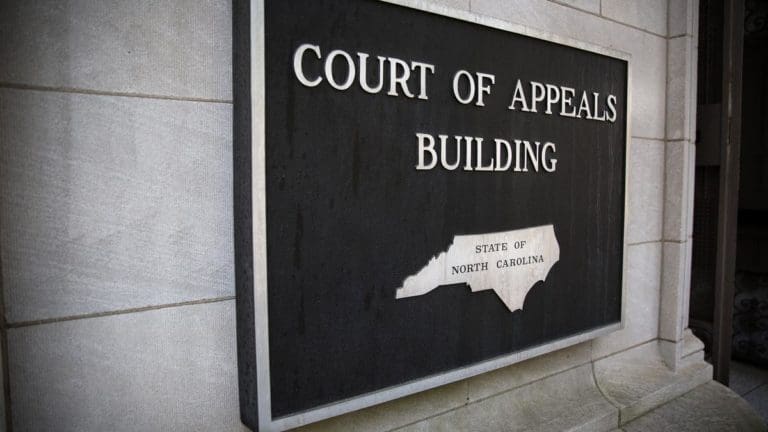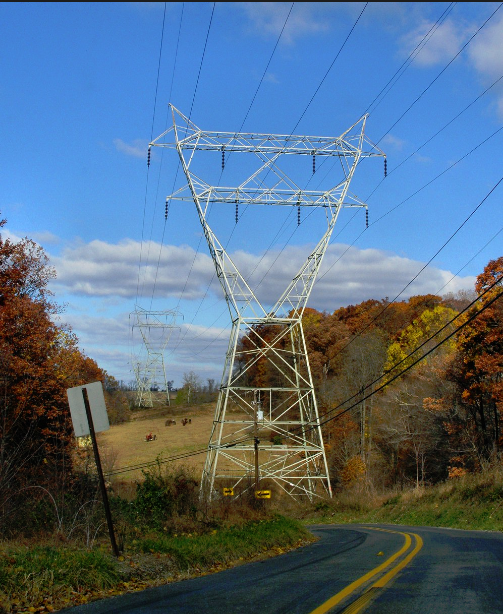Court of Appeals
Navigating the appellate law process in North Carolina can be complex, but understanding the basics can help demystify the journey from trial court to appellate review. In North Carolina, the appellate process begins when a party files a Notice of Appeal. This must be done within a specific timeframe, typically thirty (30) days from the…
Read MoreThe recent North Carolina Court of Appeals decision in Weishaupt-Smith v. Town of Banner Elk represents North Carolina’s first appellate ruling interpreting Rule 38(b) of the North Carolina Rules of Appellate Procedure, which provides the second of three (3) categories in which substitution of a party to a dispute on appeal is permitted. Although this…
Read MoreSandra Day O’Connor, former Supreme Court Justice, released a letter October 23, 2018 revealing that she was diagnosed with early stage dementia (likely Alzheimer’s Disease). O’Connor plans to remain in Phoenix, AZ surrounded by her friends and family. O’Connor was the first female Supreme Court Justice of the United States. She served from 1981 until…
Read MoreThe law distinguishes between typewritten wills, typically prepared by an attorney, and those which are handwritten by oneself. Handwritten wills, known as holographic wills, must meet the statutory requirements set forth by N.C Gen. Stat. S 31-3.4 (2015). These requirements include: (1) the will must be written entirely by hand by the testator; (2) must…
Read MoreIn Part 2 of this series, we examined trustees’ duties of loyalty and impartiality. This post will examine the duty to administer trusts prudently and Part 4 will discuss the duty to delegate – or not delegate – in more depth. The duty to administer trusts involves the basic values…
Read MoreDomicile is a relatively straight forward legal concept that combines the place where a person permanently resides with where he intends to remain. However, what happens when a person who has been adjudicated incompetent desires to permanently move. Can he possess the requisite intent to change his domicile in…
Read MoreEasements in North Carolina just got a little easier to maintain and, if necessary, litigate. The Supreme Court of North Carolina ruled in August 2016 that easement holders have twenty years within which to file a suit for the removal of easement encroachments. This overruled previous case law requiring easement…
Read MoreIf your neighbor’s driveway runs over your property, is it a permissible to dig a large ditch over the drive if the ditch impedes your neighbor’s access to their own land? Easements for neighboring properties are often necessary to access one’s own land, particularly in rural parts of the country.…
Read More




